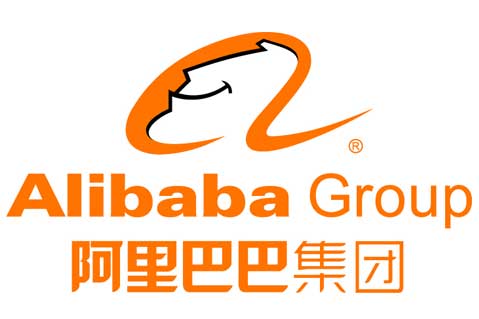News July 07, 2016
Alibaba Unveils New Anti-Counterfeiting System
Global ecommerce giant Alibaba Group has launched a new system to combat the presence of counterfeit products on its retail platforms. Participating brands will now be assigned a dedicated online portal and will work directly with an account manager to remove imitation items from the site.

The new system, named the Intellectual Property (IP) Joint-Force System, is an expansion of Alibaba’s existing Good Faith Takedown program, which counts over 700 participating brands. Since 2015, participants that locate fakes of their products on Alibaba have been given priority access to the company’s counterfeit reporting and removal tools, allowing for swift processing without advanced substantiation.
“The [IP Joint-Force System] allows brands to identify the authenticity of a product and easily notify Alibaba of the infringing listing,” said Alibaba in a statement.
Alibaba announced the new system at its inaugural Rights Holders Collaboration Summit in Hangzhou, China on July 1. “[The new system] is a revolutionary industry solution that will redefine how IP enforcement is conducted in the digital age – where brands and e-commerce marketplaces must work collectively and strategically to combat counterfeiters,” said Matthew Bassiur, Alibaba Group’s head of global IP enforcement, in a press release. “This is one of several game-changing approaches that Alibaba will be advancing to both simplify and greatly enhance our overall enforcement process.”
The release comes after several months of Alibaba reassuring the public that, in spite of heavy criticism, it is committed to keeping counterfeit products off its ecommerce platforms. “Counterfeit goods are absolutely unacceptable, and brands and their intellectual property must be protected,” wrote Alibaba Group founder and executive chairman Jack Ma in an op-ed published on June 22 in the Wall Street Journal. “Alibaba is only interested in supporting those manufacturers who innovate and invest in their own brands. We have zero tolerance for those who rip off other people’s intellectual property.”
Ma’s op-ed followed comments he made at Alibaba’s investor day that created a storm of controversy. “The problem is the fake products today are of better quality and better price than the real names,” Ma said, as reported by the Wall Street Journal. “They are exactly the same factories, exactly the same raw materials but they do not use the names.” Critics said Ma’s comments made it appear as if the mogul was absolving Alibaba for allowing a proliferation of fakes, while supporters and critics contended that Ma was simply pointing out the effects of brands outsourcing elements of their supply chain.
In May, Alibaba was forced to leave the International Anti-Counterfeiting Coalition (IACC) after fellow member brands, including luxury goods maker Michael Kors Holdings and French group Kering SA’s Gucci brand, left the Coalition in protest. They accused Alibaba of not doing enough to prevent the sale of fake products on its sites. The IACC made the decision to force out the Chinese ecommerce giant following a report by the AP that the Coalition’s president had several conflicts of interest when first admitting it.
